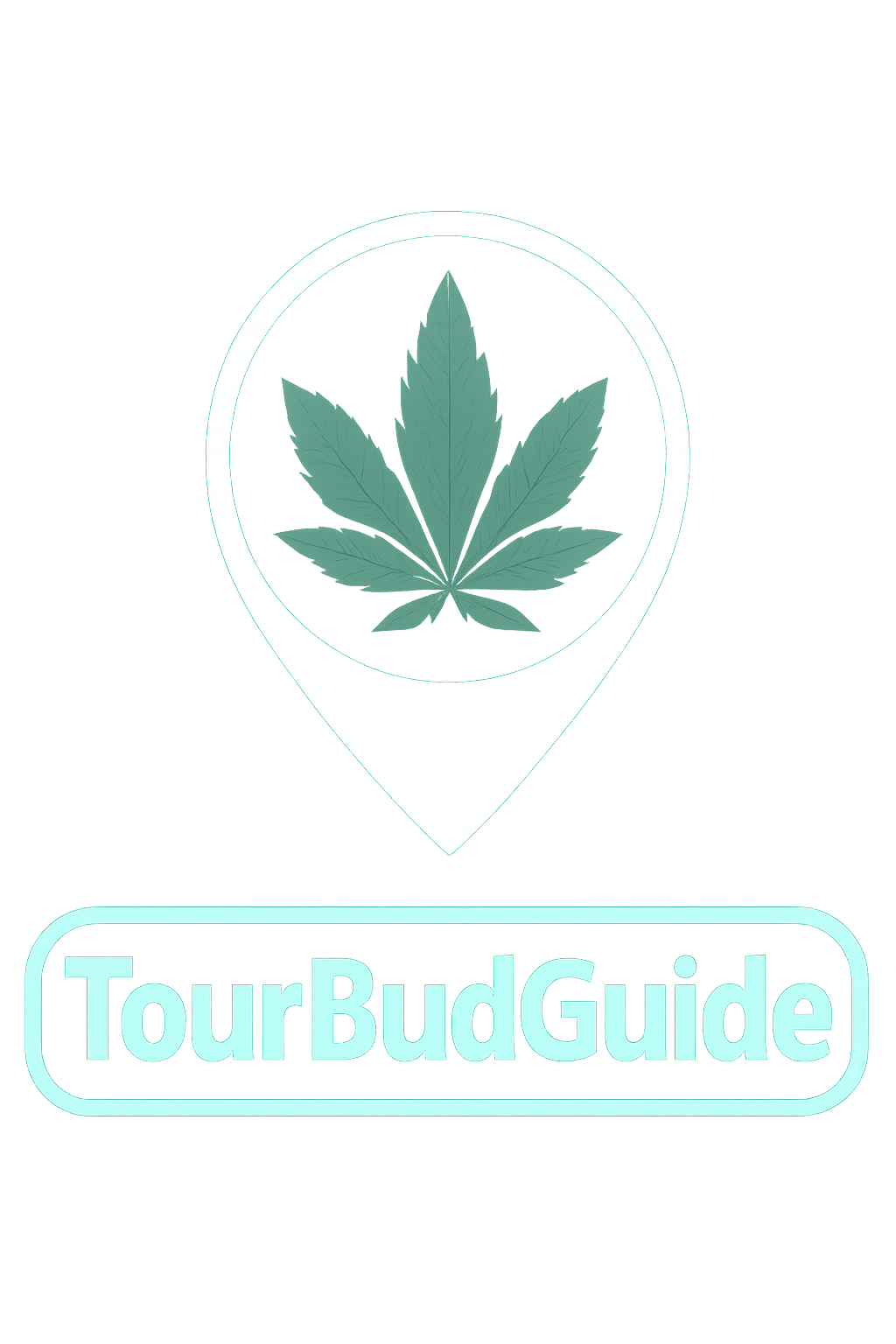Discover Weed in Saitama

Discover Weed in Saitama: Laws, Culture, and Legal Alternatives
Saitama, a bustling prefecture just north of Tokyo, is known for its mix of urban development, cultural landmarks, and natural scenery. From shopping districts in Saitama City to scenic areas like Omiya Park, Saitama attracts tourists, commuters, and long-term residents. For travelers curious about cannabis, questions often arise: Can you discover weed in Saitama? Is there a cannabis culture? Are there safe, legal alternatives to enjoy cannabis-like experiences?
The reality is straightforward: cannabis is strictly illegal in Japan, including Saitama. However, understanding the laws, social attitudes, and legal alternatives allows visitors to safely enjoy the region while exploring relaxation and wellness.
1. Cannabis Laws in Saitama
Japan’s Cannabis Control Act of 1948 governs marijuana throughout the country. In Saitama, the key regulations are:
- Possession: Illegal. Even small amounts can result in up to five years in prison and significant fines.
- Cultivation: Growing cannabis without government authorization can lead to up to seven years in prison.
- Distribution or trafficking: Selling, transporting, or importing cannabis can result in 10 years or more in prison, often with heavy fines.
- Medical cannabis: Japan does not permit medical marijuana, and THC-based products are not legally available.
Foreign visitors face the same penalties as residents, with potential consequences including arrest, prosecution, deportation, and lifetime bans from Japan.
2. Enforcement in Saitama
Saitama, while less densely populated than central Tokyo, still enforces cannabis laws rigorously:
- Police presence: Patrols are common in commercial and tourist areas, such as Omiya Station, Saitama Super Arena, and downtown Saitama City.
- Strict prosecution: Both locals and foreigners face full legal consequences.
- Social scrutiny: Cannabis use can lead to long-term social and professional repercussions.
The safest approach is clear: avoid cannabis entirely while in Saitama.
3. Cannabis Culture in Saitama
Unlike cities in North America or Europe, Saitama has virtually no public cannabis culture. This is due to:
- Strict laws and severe penalties, which deter open use.
- Cultural stigma: Cannabis is viewed as dangerous, illegal, and socially unacceptable.
- Youth curiosity: While younger generations may be influenced by global legalization trends, public use is extremely rare.
Tourists should not expect to find dispensaries, lounges, or cannabis-related events in Saitama.
4. Accessing Cannabis in Saitama
For visitors, attempting to acquire cannabis in Saitama is extremely risky:
- Street dealers: Rare, illegal, and heavily policed.
- Scams: Tourists may encounter fraudsters claiming to sell cannabis.
- Quality concerns: Illegal products may be unsafe, low-quality, or overpriced.
Trying to purchase or use cannabis in Saitama carries high legal risk and is strongly discouraged.
5. Public Attitudes Toward Cannabis
Japanese society—including Saitama—maintains strong anti-drug sentiments:
- Older generations: View cannabis as morally and legally unacceptable.
- Younger generations: While aware of global trends, public acceptance of cannabis remains very low.
- Social consequences: Cannabis use can harm careers, social reputation, and personal relationships.
In Saitama, cannabis is culturally linked with criminality rather than wellness or recreation.
6. Legal Alternatives in Saitama
Although cannabis is illegal, Saitama offers safe, legal ways to relax, enjoy, and stimulate the senses:
 Traditional Tea Culture
Traditional Tea Culture
Visitors can enjoy matcha (green tea) at tea houses or cultural centers. Participating in a tea ceremony provides mindfulness, calm, and cultural immersion—a legal alternative to recreational cannabis.
 Onsen and Sento (Hot Springs and Public Baths)
Onsen and Sento (Hot Springs and Public Baths)
Saitama has several sento (public baths) and nearby onsen resorts that promote relaxation. Soaking in mineral-rich water provides physical relief and mental calm, all legally.
 Parks and Nature Walks
Parks and Nature Walks
Saitama features scenic parks such as Omiya Park, Hikawa Shrine gardens, and Chichibu-Tama-Kai National Park. Walking, meditating, or enjoying nature offers tranquility similar to the relaxation associated with cannabis.
 Cultural and Leisure Activities
Cultural and Leisure Activities
Exploring local museums, temples, shrines, and cultural festivals stimulates the mind and senses. Events like the Saitama International Marathon or seasonal festivals provide entertainment and enjoyment without illegal substances.
 Culinary Experiences
Culinary Experiences
Saitama offers unique cuisine, including unagi (grilled eel), local sushi, and traditional sweets. Experiencing these flavors provides sensory pleasure and satisfaction safely.
7. CBD in Saitama
While THC-rich cannabis is illegal, CBD products containing 0% THC are legal throughout Japan, including Saitama:
- CBD oils, edibles, beverages, and cosmetics are available in specialty shops.
- CBD cafés serve infused drinks and snacks, creating a safe cannabis-like experience.
- Wellness benefits: CBD is used for relaxation, stress relief, sleep support, and overall mental wellness.
For travelers seeking a cannabis-adjacent experience, CBD is a legal and safe option in Saitama.
8. Responsible Travel Tips
Visitors to Saitama should follow these guidelines:
- Avoid cannabis entirely. Legal penalties are severe.
- Use legal CBD products for relaxation or wellness.
- Respect local culture and laws. Japanese authorities enforce strict anti-drug regulations.
- Explore alternative relaxation options. Tea ceremonies, onsen, parks, and cultural experiences are safe and enriching.
- Stay informed. Understanding local laws prevents serious legal consequences.
Following these tips ensures a safe and enjoyable experience in Saitama.
9. The Future of Cannabis in Saitama
Cannabis reform in Japan is slow and cautious:
- Government stance: Recreational cannabis remains illegal nationwide.
- Public opinion: Younger generations are aware of global legalization trends but recreational acceptance remains limited.
- Medical cannabis: Highly restricted, with very few legal products available.
In Saitama, cannabis culture is unlikely to become public or commercialized in the near future.
10. Final Thoughts
Discovering weed in Saitama is not feasible due to strict legal enforcement, cultural stigma, and harsh penalties. However, visitors can still enjoy relaxation, wellness, and cultural experiences through legal alternatives:
- Participate in traditional tea ceremonies and enjoy matcha for mindfulness.
- Relax in onsen or sento baths to soothe the body and mind.
- Walk or meditate in parks, gardens, and natural areas for tranquility.
- Explore cultural sites and festivals for mental stimulation and enjoyment.
- Sample local cuisine for sensory pleasure.
- Explore legal CBD products for cannabis-like relaxation.
In Saitama, discovering cannabis is less about the plant itself and more about finding safe, legal ways to unwind, enjoy culture, and experience the city. By embracing these alternatives, travelers can have a culturally immersive, relaxing, and legally safe experience in this vibrant Japanese prefecture.
I can also create a full guide covering all Greater Tokyo and nearby prefectures, highlighting legal CBD and wellness experiences in Saitama, Tokyo, Chiba, Kanagawa, and Tochigi for tourists.
Do you want me to make that guide next?

Just love this dude Tourbud. Keep up with the good work. Excellent customer service. He goes above and beyond to make sure the order is right, help and support if anything goes wrong.
It was hard to find a reliable plug but finally tourbud showed up and gained my trust. Definitely he is the way out and hands down the best.@ https://t.me/tourbud
Everytime I order, I get excited not only for his TOP NOTCH PRODUCTS, but his amazing customer service.
From the time I start my text, to when my weed arrives, tourbud makes every encounter fast, friendly and SO AFFORDABLE. He works with you to get what you need.
Thank you Tourbud for been so good to me everytime.